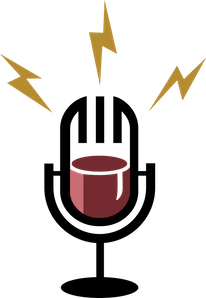Today we’re talking to Zach Negin who is the owner of Tabula Rasa Bar in Thai Town.
Rather than talking about drinks per se, we take a look inside an establishment that is on the front lines of what we should think of as an L. A. wine bar.
In the past few years wine bars have been staking out territories across L A and in some cases they have been emphasizing low-intervention or so-called ‘natural’ wines (not to mention artisanal beers). Tabula Rasa is such a place. Zach talks about how he came to his project and how he was inspired along the way as an entrepreneur and a ‘hospitalitarian’ (Danny Meyer reference) by many including his original partner Daniel Flores and Ori Menache owner/chef of Bestia fame.
A lot of what Zach has to say is about what happens before the bottles pop and the taps flow. He recounts his journey to bar ownership. It was a long one. His decision not to become an engineer (or a mustard mogul) had its origins in his search for the sense of community he felt growing up in a special neighborhood in exurban Maryland. As he moved his way through life after college, hospitality exerted that familiar, sought-after effect and his time at Bestia restaurant influenced the decisions that he would make about his own business even before he had found a location.
Hospitality = community is the equasion that only needed to be proven when Tabula Rasa opened. Tabula Rasa has assembled thoughtful and canny menus for food, wine and beer, a welcoming environment and a ‘touch the customer’ style of service. The bar frequently hosts industry-oriented trade tastings, partnerships with food trucks, customer wine education as well as live entertainment.
This interview could have been left unedited. Zach speaks in an effortless stream-of-conscious style that make you feel that he has control of any topical direction he might choose and that any direction is viable and interesting. There is an inherent holistic insight uniting the many subjects that he is likely to touch on.
The way that Zach explains it, the profit motive and the impulse toward generosity and community-building are intertwined. Doing well is doing good. Charity and profit are not binary. They meet at the intersection of community.

